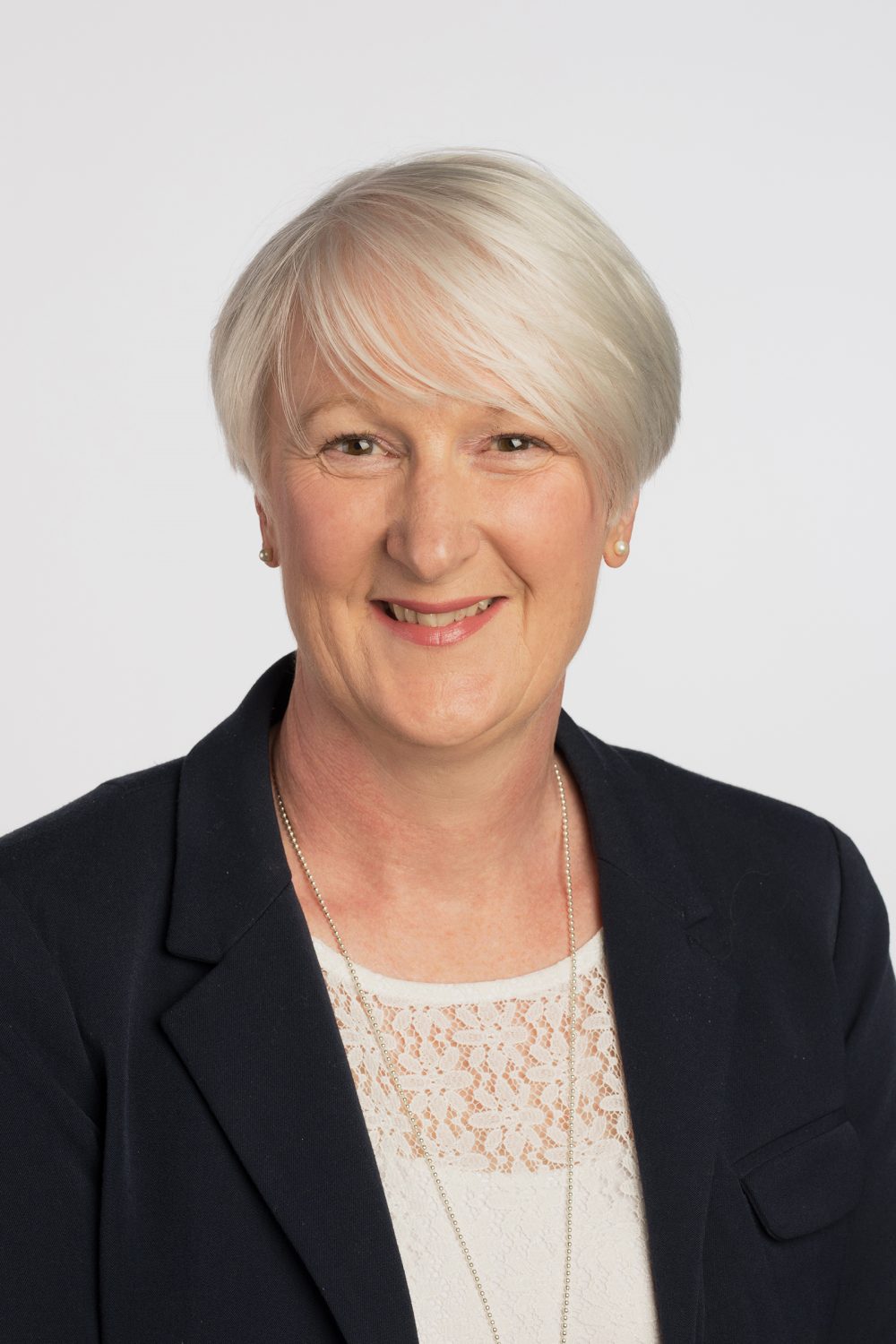A CROSS collaborative study looking into the emerging models of rehabilitation of people suffering from long-Covid is underway.
The University of Dundee has joined researchers from Robert Gordon University and the University of Stirling to help recommend how to best maximise recovery and quality of life for those recovering.
Researchers will examine various models of community rehabilitation delivered by physiotherapists, occupational therapists, and other health professionals to find out what works for long-Covid patients.

The research funded by the Scottish Government’s Chief Scientist Office, will be undertaken in four health boards across Scotland:Ayrshire & Arran, Lanarkshire, Grampian and Tayside.
The research team will share emerging findings across the country to inform evidence-based action plans that will improve local long-Covid community rehabilitation services.
This project received £296,000 in funding through the Scottish Government Chief Scientist Office’s Long-term effects of Covid-19 research funding call.
A total of £2.5 million has been allocated to nine research projects that address key questions to increase the clinically relevant knowledge base on long-term effects of Covid-19 infection.
The research will begin by evaluating the delivery and outcomes of different service models currently being used in Scotland to identify which are more suitable for various patient groups under differing contexts.
Dundee’s Dr Jacqui Morris and Professor James Chalmers are part of the cross-organisation research team.
Dr Morris, Reader in Rehabilitation and Health within Dundee’s School of Health Sciences said: “Long-Covid is emerging as a long-term, often debilitating condition that affects people in different ways, irrespective of the severity of the initial infection.”
“Fatigue, musculoskeletal problems such as joint pain, breathing difficulties and mental health problems are common.
“To support recovery, many people require careful assessment and individualised symptom management strategies, supported by appropriate multidisciplinary rehabilitation teams.
“Long-Covid community rehabilitation services have evolved rapidly across the country to support people with the condition.
“However, we don’t yet know which delivery models work best and for whom. By systematically evaluating a range of services we will be able to determine optimal models for recovery for people with long-Covid, according to their circumstances and context.
“The data we gather will enable us to develop blueprints to guide best practice for future service development across the whole of Scotland, as well as improving recovery and quality of life for people with this condition.”

